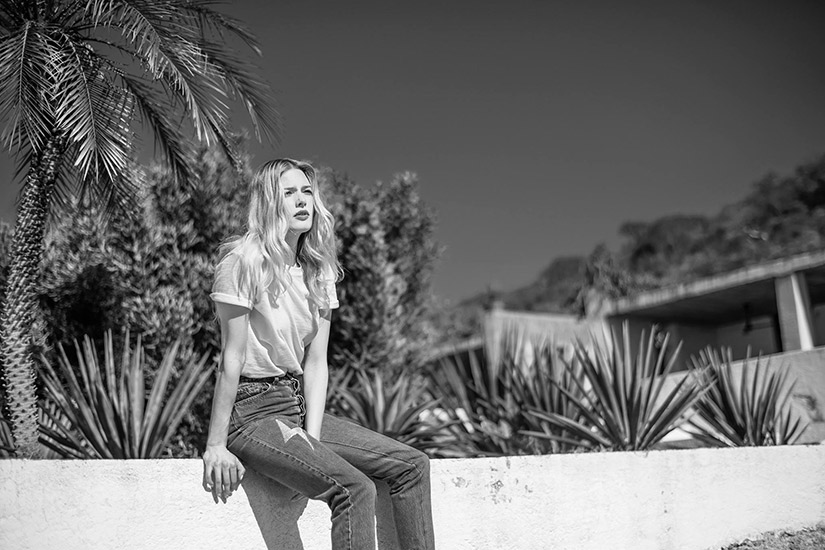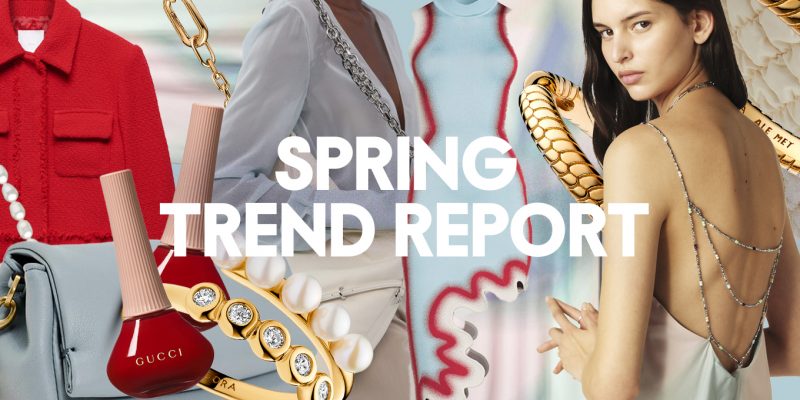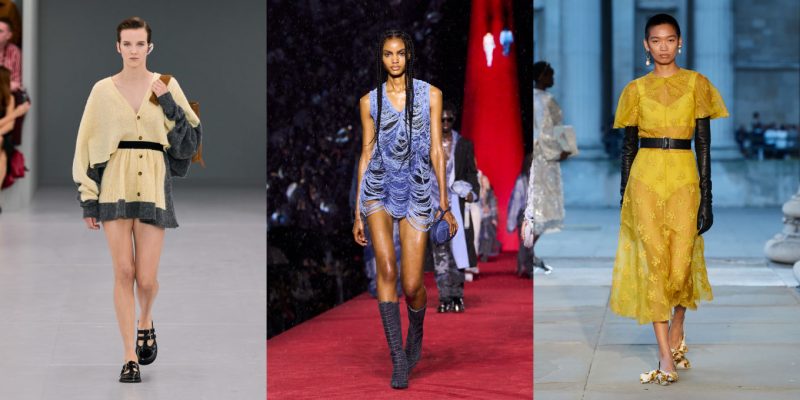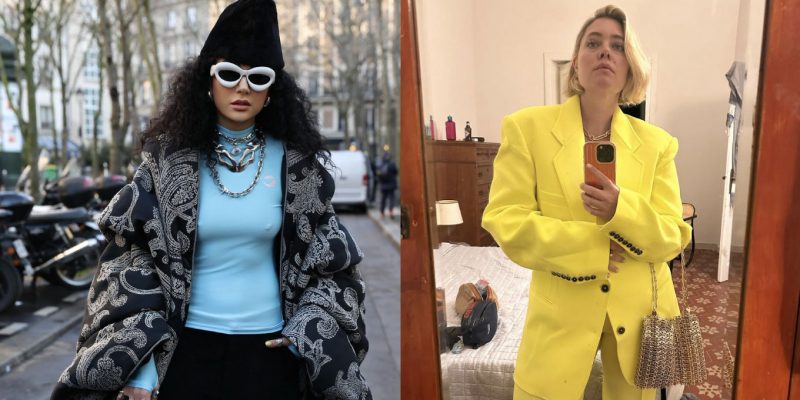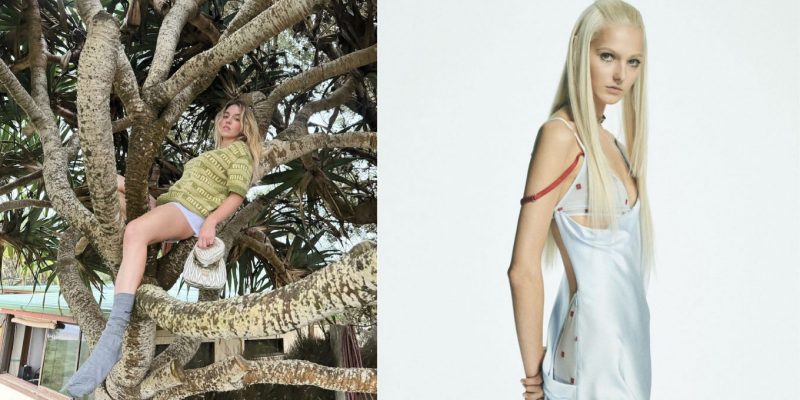A T-shirt and a pair of jeans – it’s a classic combination that can be found in almost every closet around the world. However, the environmental impact of these garments is huge.
According to the United Nations, the fashion industry produces 20 percent of global wastewater and 10 percent of global carbon emissions. It takes about 2,900 gallons of water to make one pair of jeans, and an estimated half-a-million tonnes of microfibres from our laundry accumulate in oceans each year.
On May 29, Canadian non-profit Fashion Takes Action will present 2018 Design Forward, the second annual sustainable fashion award, to one of three finalists who are making a mark on eco fashion. The brands will be judged both on their designs and their commitment to sustainable methods such as upcycling and using natural, non-toxic dyes.
Here are the three finalists:
Obakki
The Vancouver-based label was founded by Treana Peake in 2005, and focuses on effortless yet refined pieces for women—silk jumpsuits and dresses handmade in Canada. The brand also funds a registered charity, The Obakki Foundation, which works to provide clean water and education in South Sudan, Uganda and Cameroon.
ANIÁN
On the north and central coast of British Columbia is the Great Bear Rainforest, a biologically-diverse ecosystem and 85 percent of this forest is under conservation. Vancouver-based ANIÁN works with tour and guide operators in the region to make sure their nature-inspired designs – which include melton wool button downs and durable cotton caps – are as functional as they are consciously made.
Triarchy
The Los-Angeles-based, Canadian-born luxury denim brand makes their jeans in a Mexico City factory which uses 85 percent recycled water. Thanks to bacteria that consumes the indigo dye used to colour the jeans, the water can be reused to make another pair. As well, the women’s denim uses a cotton blend made of processed wood fibre from eucalyptus trees and the leather labels are made from recycled materials. Even the buttons are made from scrap sheet metal.
